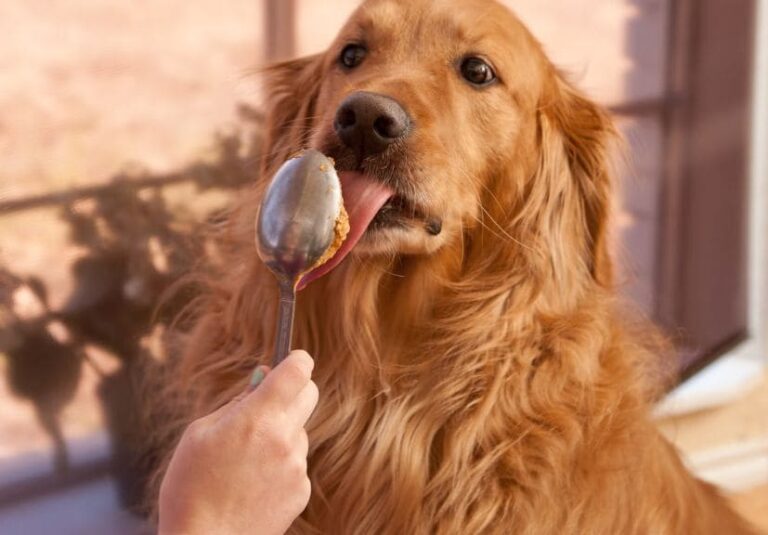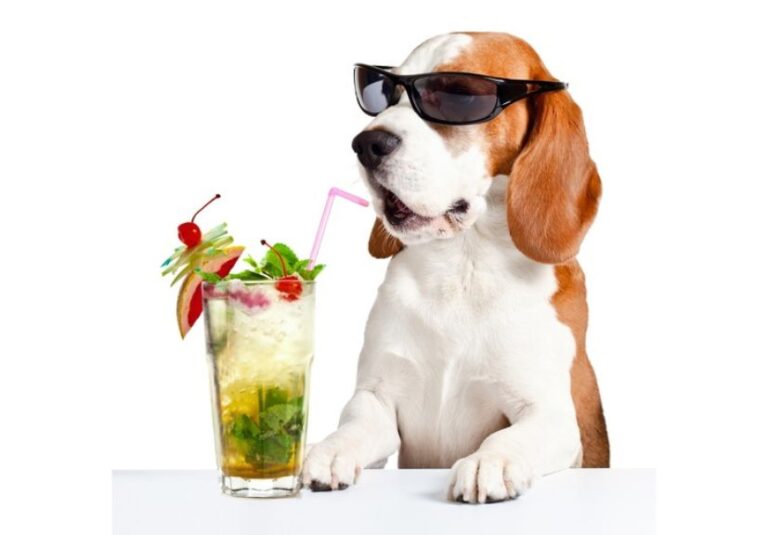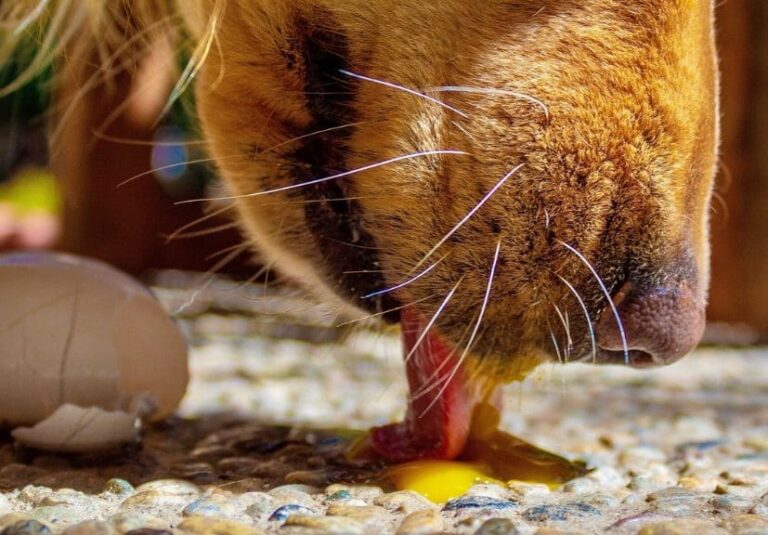Dog Hydration and Its Importance
Dog hydration isn’t just about quenching thirst—it’s about maintaining every critical system in your dog’s body. Proper hydration helps digestion, circulation, temperature regulation, and waste elimination. Water makes up a significant portion of a dog’s body weight; without it, even the most basic functions start to falter.
Think about it: when a dog is dehydrated, their blood becomes thicker, making it harder for the heart to pump. This can lead to heat stroke, kidney failure, and even death. Therefore, ensuring your dog has constant access to clean, fresh water is not just a good practice—it’s essential for their well-being.
According to Dr. Jennifer Coates, a well-known veterinarian and writer, “Dehydration in dogs can lead to severe and sometimes irreversible damage to their organs. Pet owners must recognize the signs early and take immediate action.”
Causes of Dehydration in Dogs
Dr. Jerry Klein says, “Dehydration can happen quickly in dogs, especially in hot weather. Dog owners need to recognize the signs early and take immediate action to prevent serious complications.” Understanding the various causes of dehydration can help you prevent it from happening. Here are some of the most common culprits:
- Diarrhea and Vomiting: These can cause significant fluid loss, especially if they persist over several days. When sick, your dog might refuse water, exacerbating the problem.
- Heat Exposure: Dogs cool off differently than humans; they mainly rely on panting. In hot weather, they can quickly become overheated and dehydrated, particularly if they don’t have access to shade or water.
- Illness: Conditions like kidney disease, diabetes, and infections can affect a dog’s ability to maintain proper hydration levels. These illnesses may cause increased urination or a decreased appetite for water.
- Inadequate Water Intake: Sometimes, dogs don’t drink enough water. This can happen if they’re picky about their water source, too hot, or fed mostly dry kibble without enough moisture.
- Physical Activity: Intense exercise can lead to rapid dehydration, especially in warm conditions. Always provide water breaks during long play sessions or walks.
Additionally, if you’re making homemade dehydrated dog treats using a dog treats dehydrator or food dehydrator, ensure your dog has extra water to compensate for the low moisture content in these snacks.
How Do You Tell if the Dog is Dehydrated?
Recognizing the signs of dehydration early can make a significant difference in your dog’s health. Dr. Marty Becker states, “A dog that’s even slightly dehydrated can show signs of weakness and lethargy. In severe cases, dehydration can be life-threatening and requires immediate veterinary care.” Here’s what to look for:
- Dry Gums and Nose: If your dog’s gums are sticky or tacky instead of wet and slippery, this is a sign of dehydration. Their nose might also feel dry and cracked.
- Skin Elasticity Loss: A simple skin test can help you determine if your dog is dehydrated. Gently pinch the skin on the back of their neck. In a well-hydrated dog, the skin should snap back into place quickly. If it stays tented or returns slowly, your dog might be dehydrated.
- Sunken Eyes: Dehydration can cause your dog’s eyes to appear sunken or dull. This is particularly noticeable in older dogs.
- Lethargy and Weakness: Dehydrated dogs often have low energy levels. They might seem unusually tired, uninterested in play, or even have trouble standing.
- Panting and Dry Mouth: Excessive panting is a sign that your dog is trying to cool down, which can lead to further dehydration. A dry mouth, combined with sticky saliva, is another red flag.
In severe cases, dehydration can lead to serious complications, including seizures. Can dogs have seizures from dehydration? Yes, extreme dehydration can cause neurological symptoms, including seizures, due to an imbalance in electrolytes.
How to Prevent Dehydration in Dogs?
Prevention is always better than cure, and this is especially true when it comes to dehydration. Here’s how to keep your dog hydrated:
- Always Provide Fresh Water: Ensure your dog has constant access to a clean water dish. Dogs might be reluctant to drink stale or dirty water, so change it frequently.
- Monitor Water Intake: Pay attention to how much water your dog drinks. If you notice it’s drinking less than usual, it could indicate an underlying issue.
- Incorporate Wet Food: Wet food in your dog’s diet can significantly increase their moisture intake. This is particularly important during hot weather or if your dog eats primarily dry kibble.
- Keep Them Cool: During summer, make sure your dog has access to cool water and shade. Avoid strenuous activities during the hottest parts of the day.
- Use Electrolyte Solutions: If your dog shows mild dehydration, consider using an electrolyte solution designed for pets. These solutions can help replenish lost fluids and minerals quickly.
If you’re into making homemade dehydrated dog treats, ensure they are balanced with other moist food options to avoid contributing to dehydration.
Is Dehydration Dangerous for Dogs?
Absolutely. Dehydration can quickly become a life-threatening condition if not addressed. Here are some of the severe risks associated with dehydration:
- Organ Failure: Severe dehydration can lead to the failure of critical organs like the kidneys and liver. These organs rely on a steady flow of fluids to function properly.
- Shock: When a dog is severely dehydrated, their blood volume decreases, leading to hypovolemic shock. This condition causes a dangerous drop in blood pressure and can impair blood flow to vital organs.
- Heat Stroke: Dehydrated dogs are at a higher risk of developing heat stroke, especially in hot weather. Heat stroke is a medical emergency that requires immediate attention.
- Electrolyte Imbalance: Dehydration can cause an imbalance in electrolytes essential for nerve and muscle function. This can lead to muscle tremors, irregular heartbeats, and even seizures.
This underlines why it’s crucial to treat dehydration promptly. How long can a dog survive without water? Not long—within a few days, they can suffer irreversible damage, making it vital to stay vigilant.
Treatment for Dog Dehydration at Home
If you catch dehydration early, there are several steps you can take at home:
- Increase Water Intake: Encourage your dog to drink small amounts of water frequently. If they’re reluctant, try flavoring the water with a bit of low-sodium broth or offering ice cubes.
- Electrolyte Solutions: Provide an electrolyte solution specifically designed for dogs. These can help replenish lost fluids and restore the balance of electrolytes.
- Moisture-Rich Foods: Offer foods with a high moisture content, such as wet dog food or water-soaked dry kibble. This can help increase your dog’s overall fluid intake.
- Cool Environment: Ensure your dog is in a cool environment to prevent further fluid loss through panting. Consider using fans or air conditioning if the weather is particularly hot.
Remember, while home treatments can help with mild cases, they’re no substitute for professional care. If your dog’s symptoms persist or show signs of severe dehydration, seek veterinary attention immediately.
Medical Treatments for Dog Dehydration
For severe dehydration, professional veterinary care is essential. Here’s what you can expect:
- Intravenous Fluids: Dogs with severe dehydration will likely need intravenous (IV) fluids to restore their hydration quickly. This method is the fastest way to rehydrate and is essential in emergency situations.
- Subcutaneous Fluids: A veterinarian might administer fluids under the skin for dogs with mild to moderate dehydration. These fluids are absorbed slowly, providing a steady source of hydration.
- Veterinary Check-ups: Your vet will monitor your dog’s electrolyte levels to ensure they return to a normal balance. This might involve blood tests and other diagnostics.
- Treating Underlying Causes: If dehydration is due to an underlying condition like kidney disease, diabetes, or a severe infection, treating that condition is crucial for recovery.
In cases where a dog has experienced severe dehydration, long-term care might involve regular vet visits to monitor their hydration levels and overall health.
Special Considerations for Puppies
Puppies are particularly vulnerable to dehydration because of their smaller size and higher energy levels. Here’s how to keep your puppy safe:
- Monitor Water Intake: Puppies need more frequent hydration due to their fast metabolism. Ensure they always have access to water, especially during playtime.
- Frequent Breaks: Give your puppy frequent water breaks during play or exercise. Their bodies can’t handle prolonged activity without sufficient hydration.
- Wet Food: Incorporating wet food into a puppy’s diet can help them stay hydrated. This is especially important if they’re still adjusting to solid food.
Given their vulnerability, it’s crucial to be extra vigilant with puppies. How long can a dog survive without water? The window is even shorter for puppies, so ensure they’re well-hydrated.
Dehydration in Older Dogs
Older dogs also face unique challenges when it comes to staying hydrated:
- Decreased Thirst: As dogs age, their sensation of thirst might diminish, leading to reduced water intake. Monitor how much they’re drinking and encourage frequent water breaks.
- Medical Conditions: Chronic illnesses like kidney disease, arthritis, or diabetes are more common in older dogs and can exacerbate dehydration. Regular vet check-ups are essential.
- Medication Side Effects: Some medications that older dogs take might increase fluid loss, so it’s important to monitor their hydration levels closely.
Given these factors, older dogs need extra care to maintain hydration. Adjust their diet, provide easy access to water, and keep them cool to help prevent dehydration.
Emergency Situations
In some cases, dehydration can become a medical emergency. Here’s what to look for and what to do:
- Extreme Lethargy: If your dog is extremely weak and unresponsive, this could be a sign of severe dehydration or another serious condition.
- Rapid Heart Rate: A fast heartbeat, especially when paired with other symptoms, indicates your dog’s body is stressed.
- Severe Panting: Excessive panting, even when resting, is a sign that your dog is overheating and possibly dehydrated.
- Collapse: If your dog suddenly collapses or cannot stand, seek emergency veterinary care immediately.
In these situations, time is of the essence. Contact your vet or an emergency animal hospital immediately to get your dog the help they need.
Conclusion
Dehydration in dogs is a serious concern that requires prompt attention. Understanding the causes and recognizing the early warning signs can help prevent this dangerous condition. Always ensure your dog can access fresh water, monitor their hydration, and adjust their diet as needed. Home remedies can be effective for mild dehydration, but seek veterinary care immediately in severe cases. Both older dogs and puppies need special attention, as they are more prone to dehydration. With a little caution and care, you can keep your dog healthy, happy, and properly hydrated.
Keep your dog healthy and hydrated! Visit PetJazeera for expert tips and comprehensive guides on caring for all dog breed
How long can a dog live without water?
Your dog may usually go up to 72 hours (three days) without drinking water. After the first twenty-four hours, though, it will exhibit symptoms of dehydration. Although most people believe this to be true, each dog is unique, and several factors might impact how long anything takes.
Is a dog that has consumed water still dehydrated?
A dog may indeed be dehydrated when drinking water. Electrolyte imbalances, fluid loss, and a diet low in water contribute to dehydration.
How soon can a dehydrated dog recover?
Depending on the underlying reason and degree of dehydration, dogs may require varying amounts of time to recover. When adequately hydrated, mild instances can frequently be resolved in a few hours to a day, but more severe cases can need veterinary care and prolonged recovery times.
Other than water, how can I keep my dog hydrated?
To encourage your dog to drink, give it electrolyte solutions made especially for dogs, diluted Pedialyte, or water flavored with broth.
How do doctors rehydrate dogs?
Veterinarians can give dogs intravenous (IV) or subcutaneous (under the skin) fluids to help them rehydrate. The protocol depends on the dog’s state and the degree of dehydration required.
What can I add to my dog’s water to encourage him to drink it?
Add a bit of low-sodium beef or chicken broth to make the water more appealing to your dog. In moderation, some dogs also favor water flavored with a dash of tuna juice or chilled with ice cubes.
How can I make a sick dog drink water?
Offer small quantities of water to your sick dog regularly to encourage them to drink. Add tastes like broth, use a syringe or a pet water fountain, or provide ice cubes to make it seem prettier.
Can a dog get enough water from milk?
Milk is not a suitable hydration option for dogs, especially lactose-sensitive dogs. Water is the ideal liquid for hydration.
How much water is needed to rehydrate a dog?
Depending on the dog’s size, health, and level of dehydration, different amounts of water are required to rehydrate them. Based on these criteria, A veterinarian can usually determine how much is correct.
Can ice cubes help with dog dehydration?
Yes, ice cubes can help with dog dehydration by providing water in a novel and often more enticing form, encouraging your dog to lick and hydrate itself.




